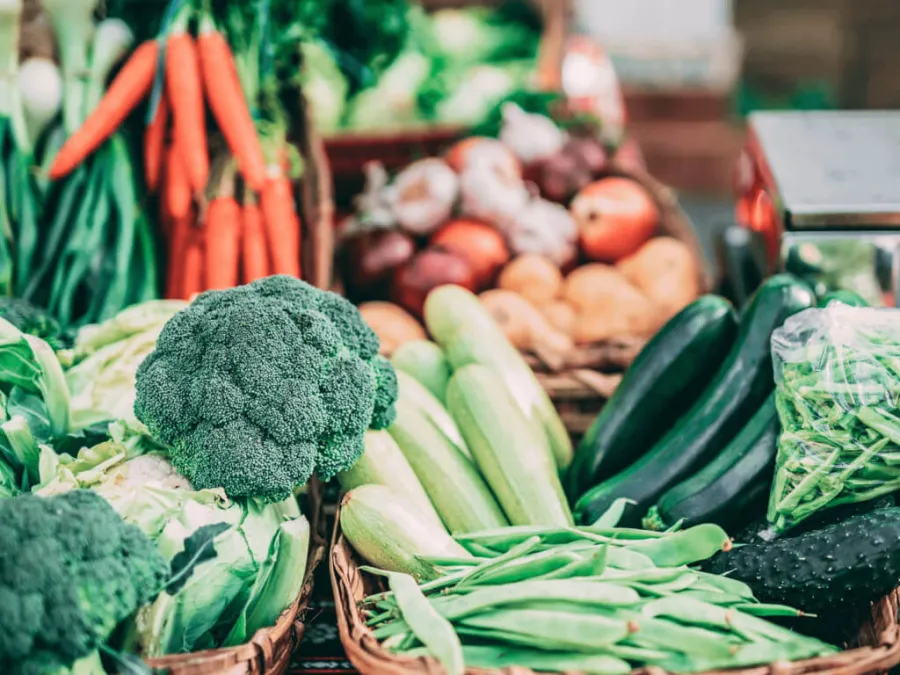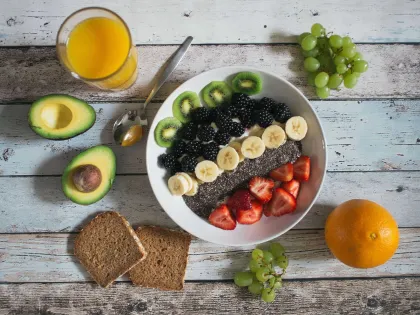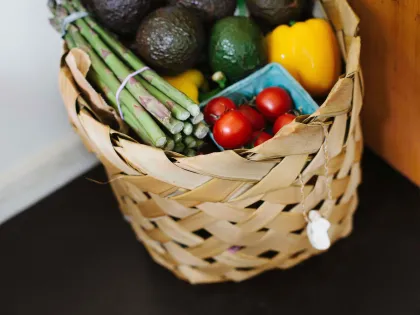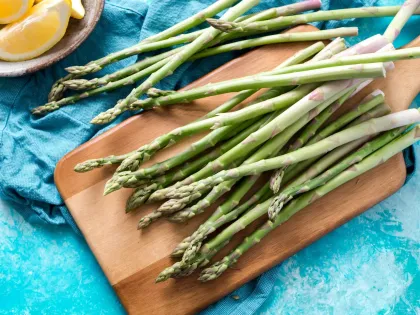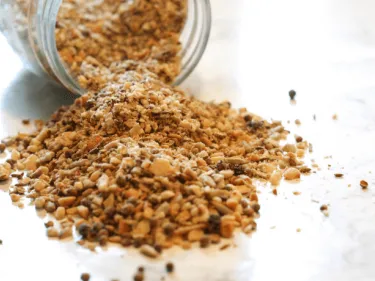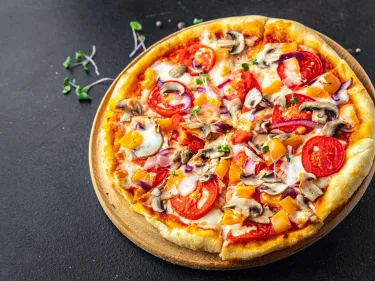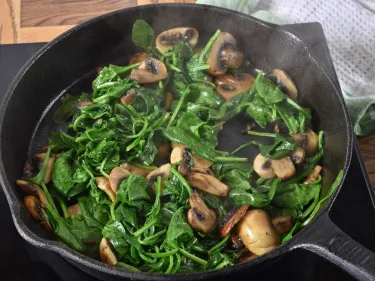The flexitarian diet can be summed up as a style of eating that is similar to vegetarianism that focuses around mostly plant based foods, but also allows some flexibility for meat and other animal products. It’s also been touted as ‘semi-vegetarianism’ or ‘weekday vegetarianism’.
What's involved?
The flexitarian diet is very easy to follow, as there are no strict rules, calorie counting, and it incorporates all the food groups. It is based around:
- Focusing mostly on vegetables, fruit, legumes, and wholegrains.
- Focusing on protein from plant foods (e.g., legumes), rather than animal foods and fish.
- Be flexible in incorporating animal products.
- Focus on whole, unprocessed foods.
- Reduce intake of ultra-processed foods that are high in salt, saturated fat, and sugar.
Pro's
This style of eating is great for people who aren’t quite ready to commit to full vegetarianism, or veganism, but is a great stepping stone. It allows for greater flexibility with your diet, and does not impose any strict guidelines, and is able to include all essential food groups. It’s also great as it encourages you to include more plant foods and reduce your intake of highly processed foods which helps to increase intake of dietary fibre, essential vitamins, minerals, and antioxidants, and decreased intake of saturated fat and salt - all of which have well researched health benefits. Plus, it’s a more environmentally sustainable way of eating.
Con's
Depending on how often you include meat and animal products, you may still be at risk of animal-specific nutrients, including;
- Iron
- Calcium
- Vitamin B12
- Omega-3 fatty acids
People on strict vegetarian or vegan diets can easily become deficient in these nutrients, so if you are rarely including animal products it can be a good option to choose fortified products such as calcium fortified plant milk, omega-3 fortified eggs and milk, using nutritional yeast as a substitute for B12, and eating plenty of plant sources of omega-3 fatty acids.
The bottom line
Overall, the flexitarian diet can be a great alternative for those who aren’t ready to commit to vegetarianism or veganism and can be a very balanced and varied eating habit by making a few small changes. It is great in that it can be sustainable and doesn’t restrict any core food groups and encourage more plant foods.
Try experimenting with some of your meals and swapping meat options for plant-based alternatives or simply start with Meat-free Monday. Plus, you can check out our recipe pages for some flexitarian inspiration.



